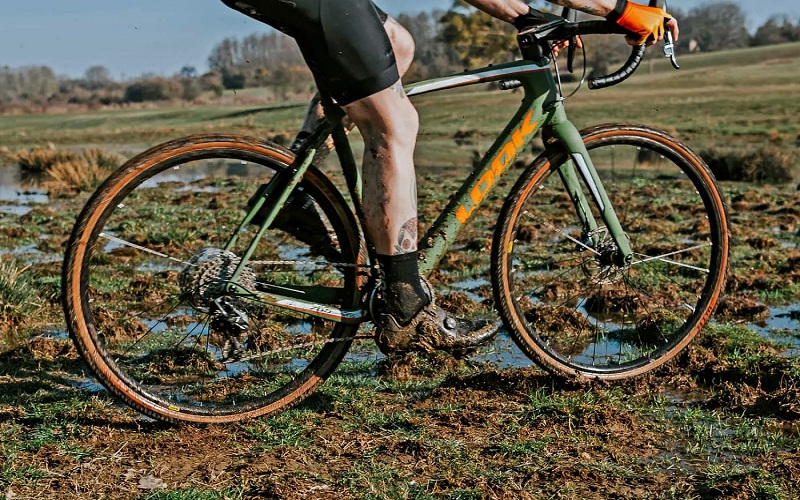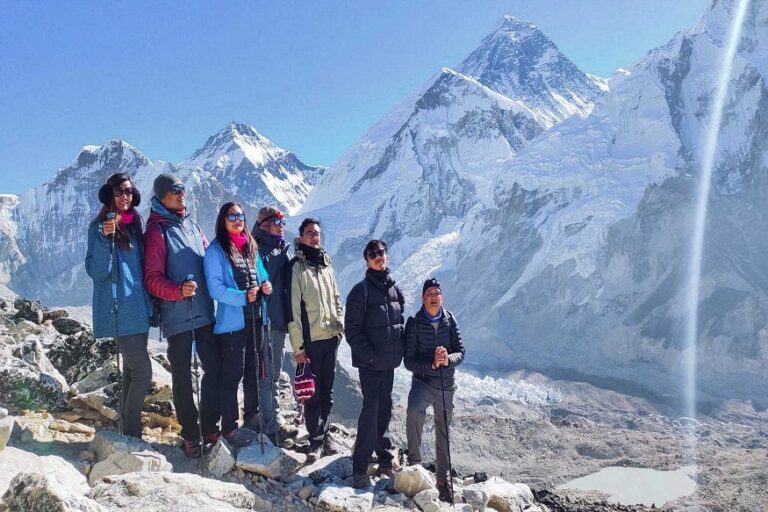
For active trail runners, nutritional food acts as fuel for them. According to Steven Rindner, feeding the body suitably empowers them to run longer at a steady pace, prevent them from injury, recover faster, and stay functional optimally on as well as off the trails. Since proper nutrition during training and equally before, during, and after the run is key to optimal performance and faster recovery, every trail runner should ensure to eat foods in the right way. Here is a comprehensive guide about trail running nutrition.
Training Period Foods
Having the correct nutrition is vital regardless a trail runner is a beginner, ultra, or long-distance trail runner. The foods need to be composed of a high amount of carbohydrates, protein, and other nutrients.
- Carbohydrate: consuming plenty of carbs is important as it acts as the powerhouse to support intense training, without which potential runners will likely get fatigued quickly.
- Protein: vital to repair muscles and enforcing muscle cells, if injured.
- Other Nutrients: Nutrients should include vitamins, minerals, fiber, antioxidants, and fats that support the body to function at its best. Steven Rindner recommends incorporating fresh fruits, nuts, vegetables, seeds as well as healthy fats in the diet plan.
Before a Trail Run: What to Eat
Make sure to stick to a well-balanced diet all through the last few weeks before the trail race.
Starting from 2-3 days before the contest, runners need to go with a diet plan particularly tailored for trail runners that supports assimilation. Enhancing glycogen (carbohydrates are the main source) intake ensures performing well for long-distance trail running. To limit food intake and reduce consuming red meat.
Pre-Run: The Night
Always go for a balanced dinner to get prepared for the long tough run. (Foods should include nearly 50% of carbohydrates, 25% of vegetables and fruits, and 25% of protein). Avoid eating foods rich in fiber and fat as it can lead to stomach issues in the course of the run. Intake of electrolyte beverages is highly recommended to stay sufficiently hydrated.
Pre-Run: The Morning before Race
Go for easily digestible carbs roughly around 50-100 grams, in addition to a bit of green vegetable and fruits before 2-4 hours before the run that helps digest the meal. Never forget to get well hydrated once after waking up.
During A Trail Run
Throughout the trail race, make sure to take food in regular intervals as the body demands. Avoid new foods as they could quickly cause nausea. Avoid dehydration by consuming water as well as isotonic drinks as and when feel thirsty. Drinking adequately and properly will help prevent the runner from the occurrence of deadly cramps/ tendinitis. As per the viewpoint of Steven Rindner, depending on the length of run whether short-term (45 min -60 min) or long-term (2-3 hours) and individual needs, runners should take expert advice to get more insightful ideas of consuming energy chews, candy, fruit snacks, gels, dried fruit and other food options.
Post-Running Recovery
Once the trail race is finished, it is vital to get rehydrated to avoid muscle soreness, cramps, or other post-race issues. Also, make sure to eat foods rich in carbohydrates and other nutrients to get faster recovery of lost energy. To speed up the recovery time Steven Rindner recommends to get replenished with
- Carbohydrates that help nourish muscles easily and get recharged
- Amino acids (BCAAs) accelerate recovery, reduce muscle fatigue, decrease muscle soreness after long- running or post-workout. If possible get a shower after a massage
- Sock the legs and hips in icy water as it helps escalate temperature levels and increases blood flow in tissues. This also helps reduce pain and improve mode and alertness.
Final tips
Never experiment with any kind of food by getting tempted to see top athletes having foods like pizza in images. Try every food during the training course and accordingly tailor personal food strategies.





